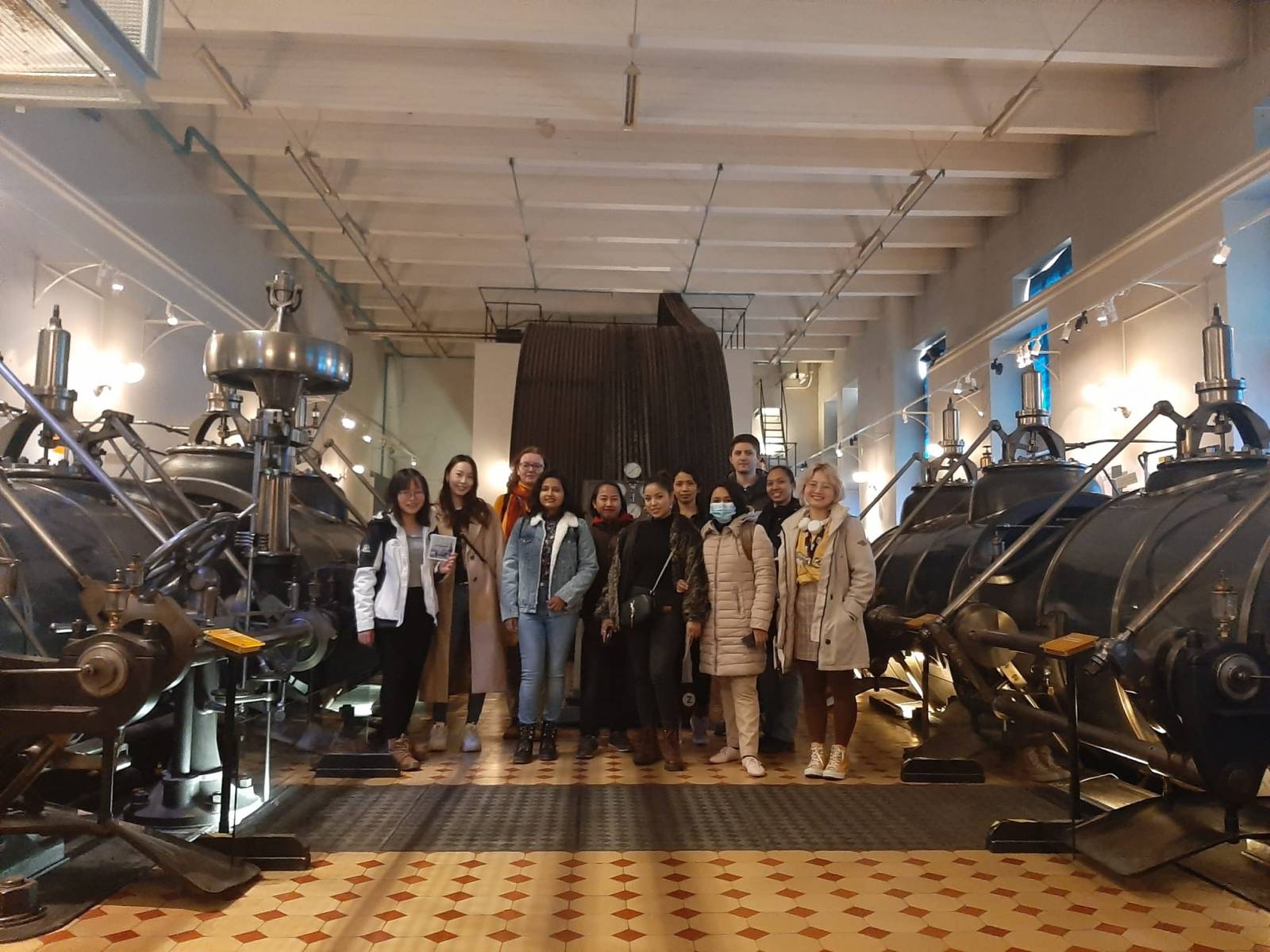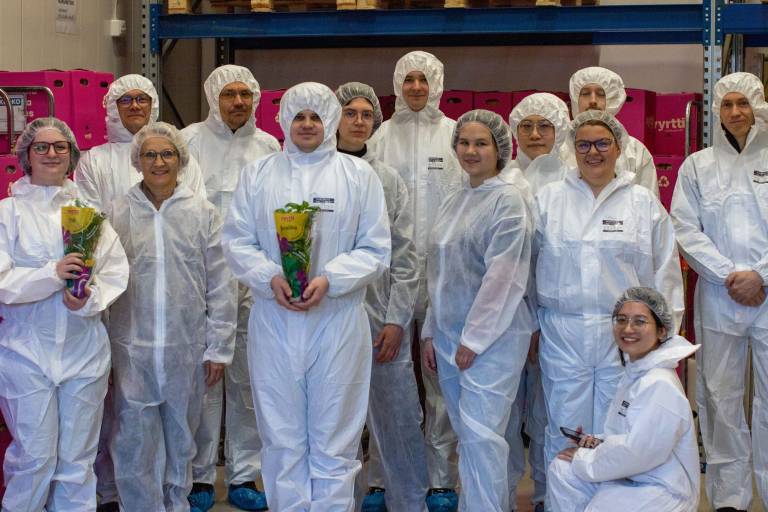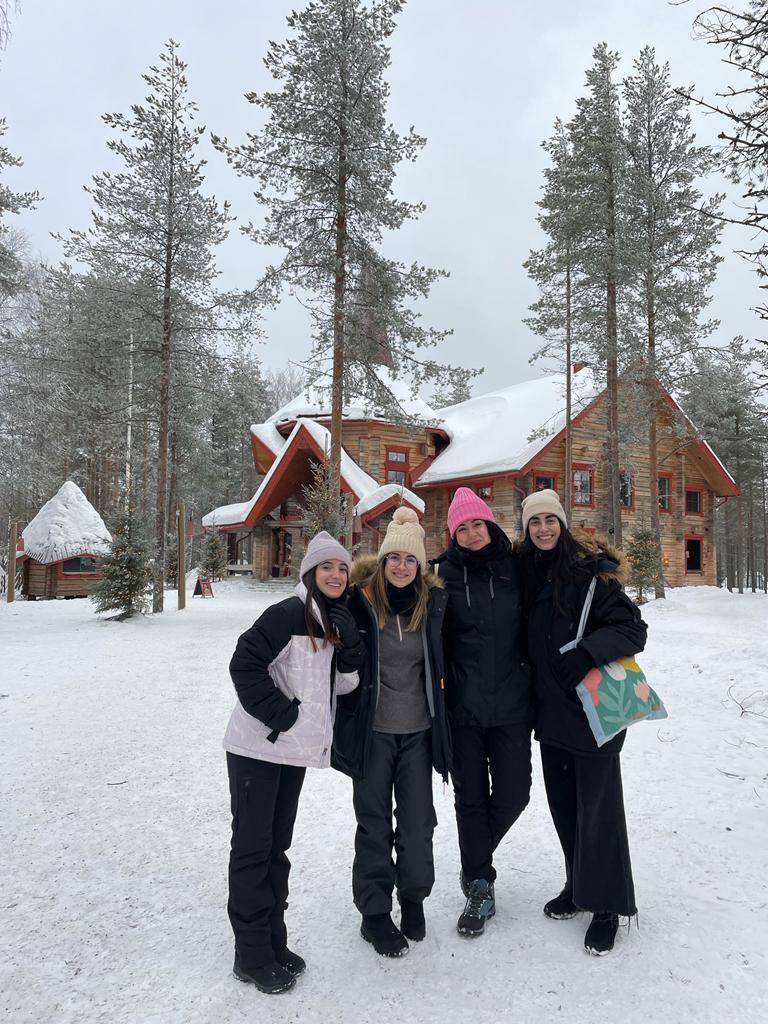The first survey was carried out last spring. We received a total of 101 responses from a potential target group of 570 international students. The respondents represented 34 different nationalities from almost all continents, with an emphasis on Asia, Europe and Africa. Half of the respondents had lived in Finland for less than a year and 12 for over eight years, the rest somewhere in between.
Fresh way of teaching
The vast majority (58) of those who answered the survey wanted to stay in Finland either permanently or for several years after graduation. 14 respondents planned to live both in Finland and in their home country and only five were planning to return to their home country immediately after graduation. Few respondents aimed to move abroad or were not yet sure about their plans. Career building, quality of life and personal reasons were mentioned as the most important reasons for staying in Finland.
Respondents gave good feedback about teachers and teaching at TAMK. One Media and Arts student described:
“The activities my teacher arranged such as workshops, events and museum visits helped me to understand my career goals. I would definitely say, that the extracurricular activities made by my teachers were more rewarding and more qualitative in terms of learning. Very fresh way of teaching!”.
Our social counsellor for international students, Mirja Onduso, was also often mentioned in the answers and her help was highly appreciated by the incoming students:
“The social counsellor Mirja was extremely helpful when I arrived here, made the transition process easier.”
The survey revealed also areas for improvement. More support was needed for applying and getting English-language internships and jobs. There was also a wish that TAMK would encourage companies to take English-language trainees and cooperate more with partner companies. However, internship was not yet relevant for one third of the respondents. Half of those who had already completed internships, had found the place with the help of their degree programme, 24% through their own networks, and 19% through active job seeking.
Learning Finnish is important but challenging
Learning the Finnish language was highlighted as the most important factor promoting integration. At the same time, learning Finnish was perceived as very challenging and time-consuming. Despite the challenges, most of the respondents had invested a lot on learning the language. Not only by completing the language studies at TAMK, but also by self-studying. Language apps like Duolingo were mentioned as well as practicing Finnish with native friends. However, respondents hoped for more advanced Finnish language study opportunities, as well as room for these studies at TAMK.
Many students also wished for more organised opportunities for encounters between Finnish and international students, both study-related and leisure activities. They would be useful in many ways: getting to know people, making friends, learning the language, and helping the (often shy) Finns to internationalise at home. A simple idea, and quite easy to implement. Isn’t that something we could do right away?
Text: Susanna Saarinen
Photo: Ursula Helsky





